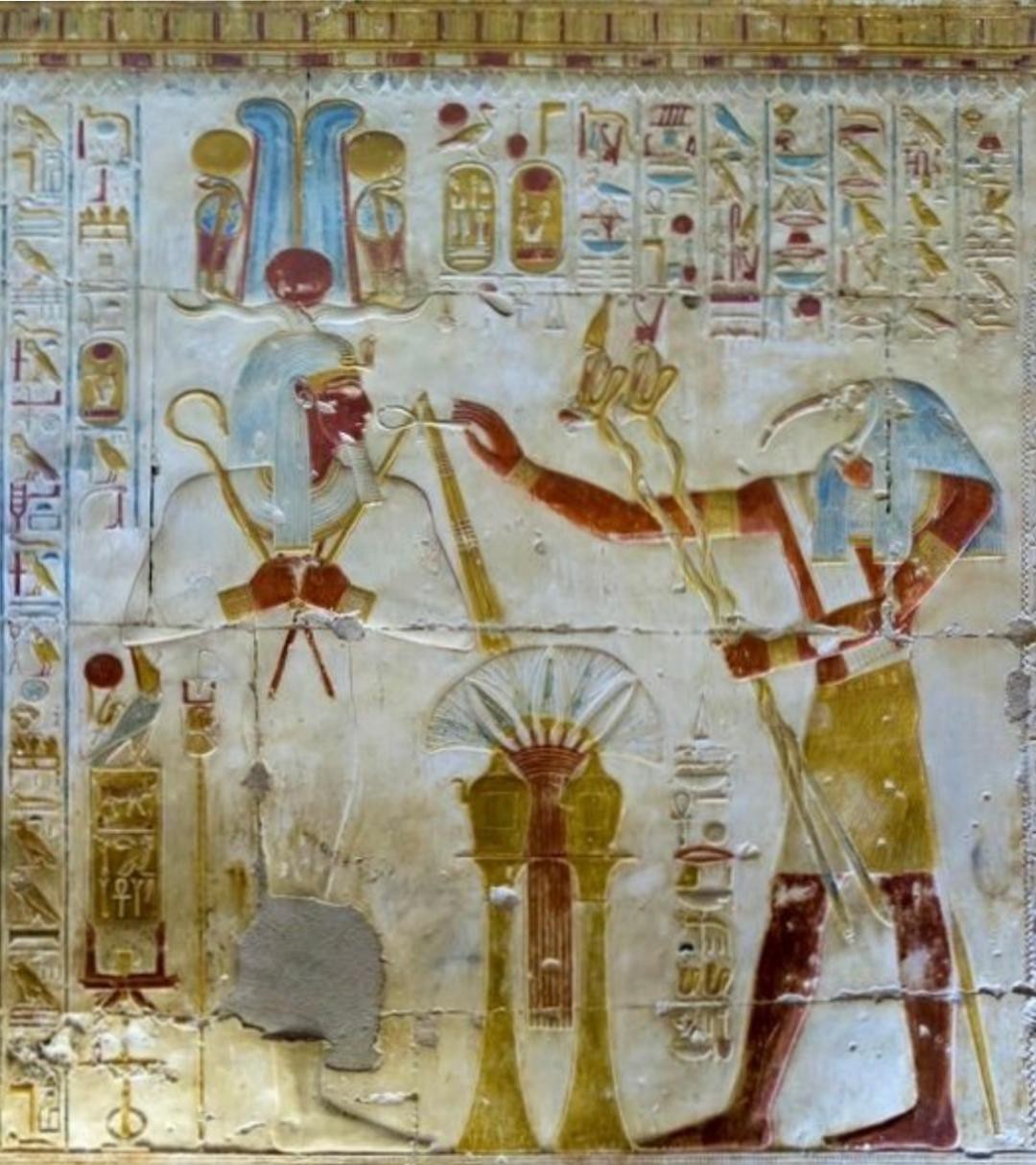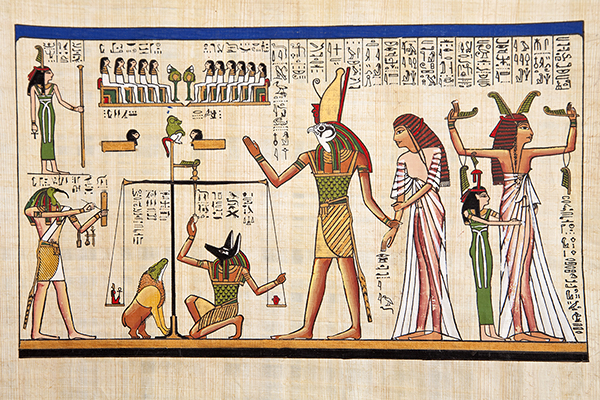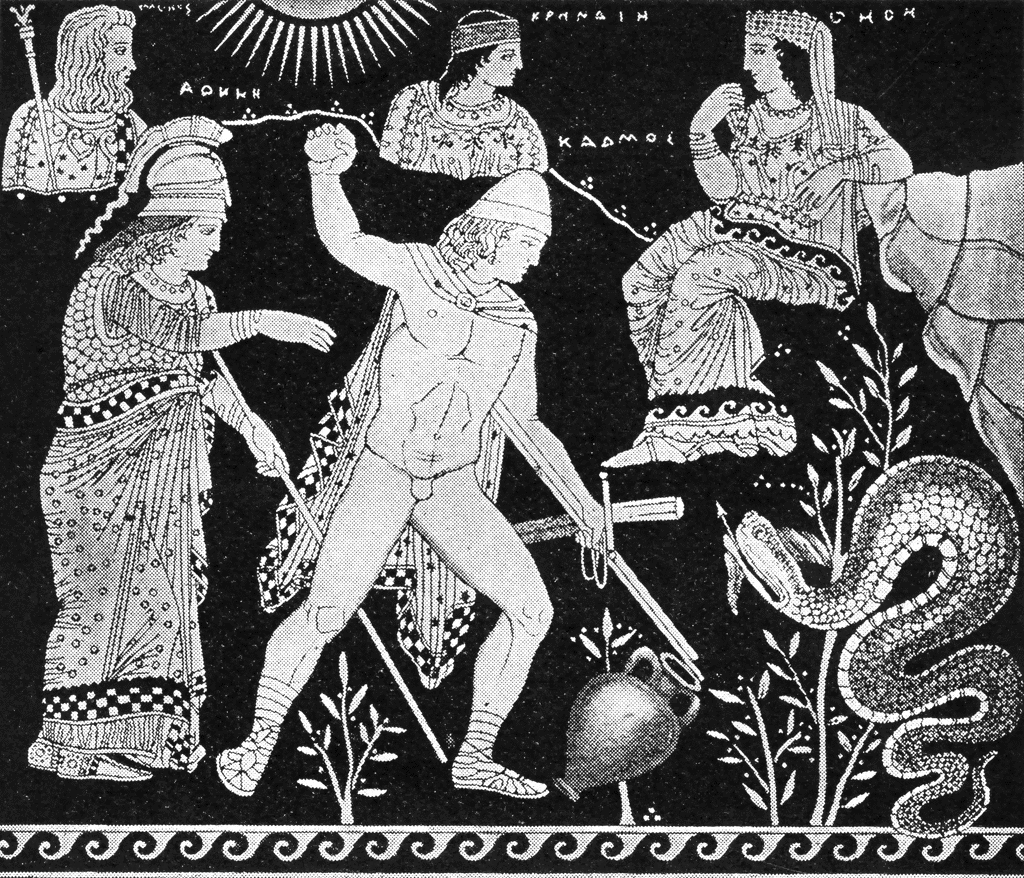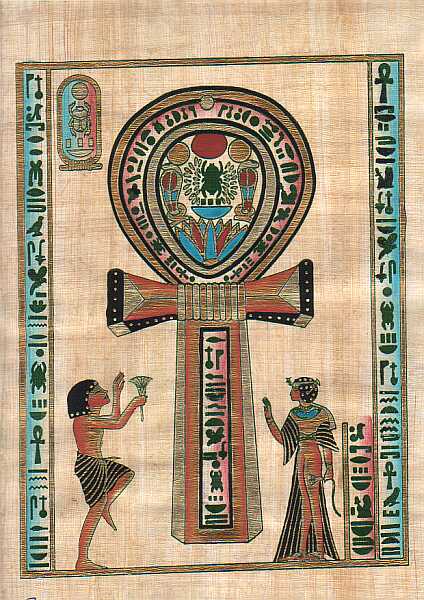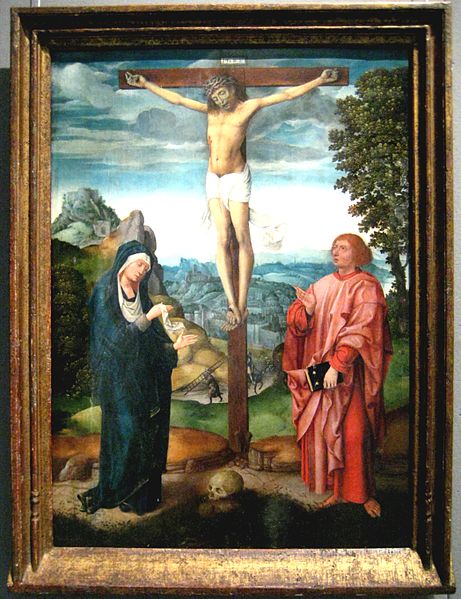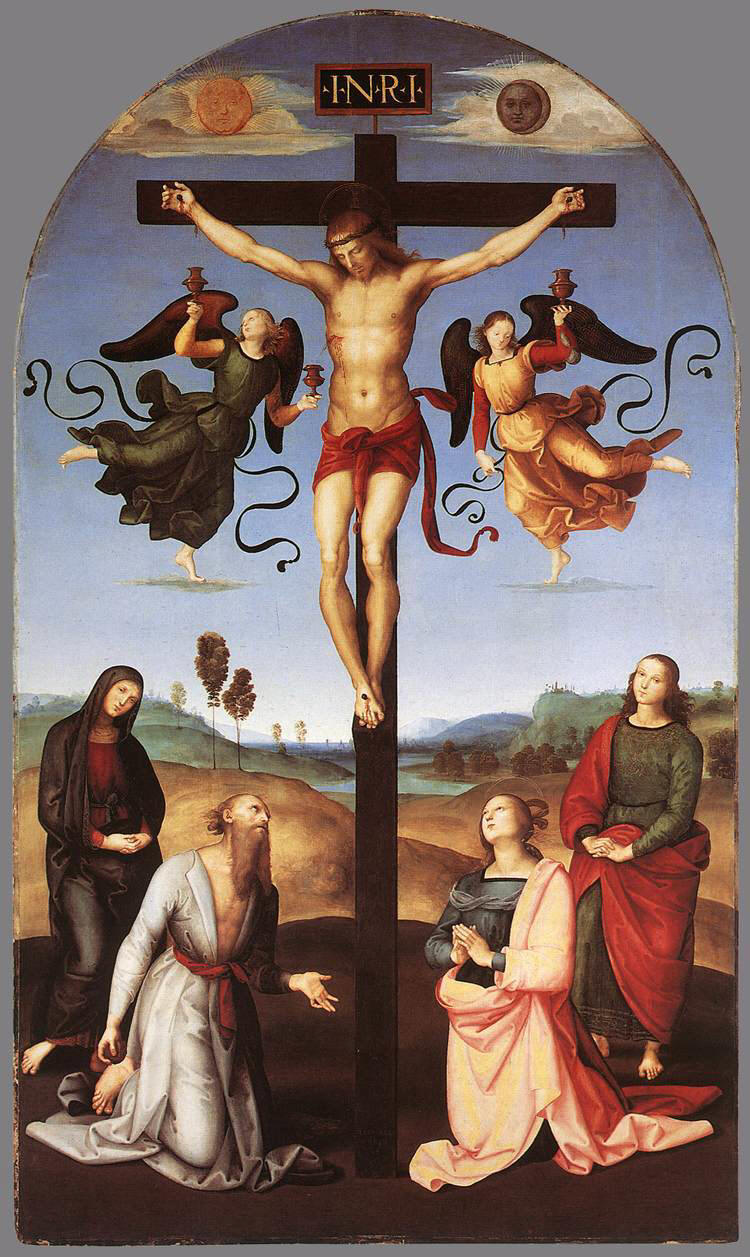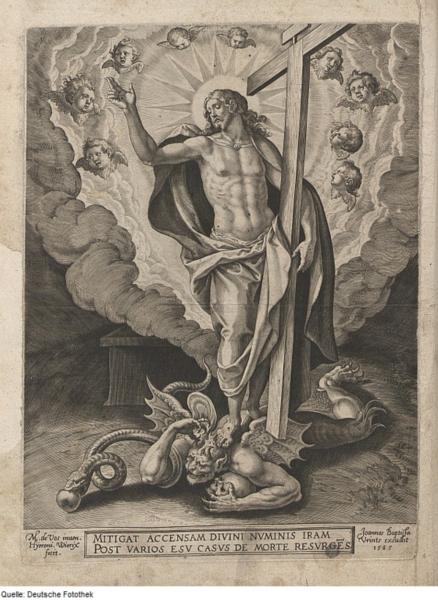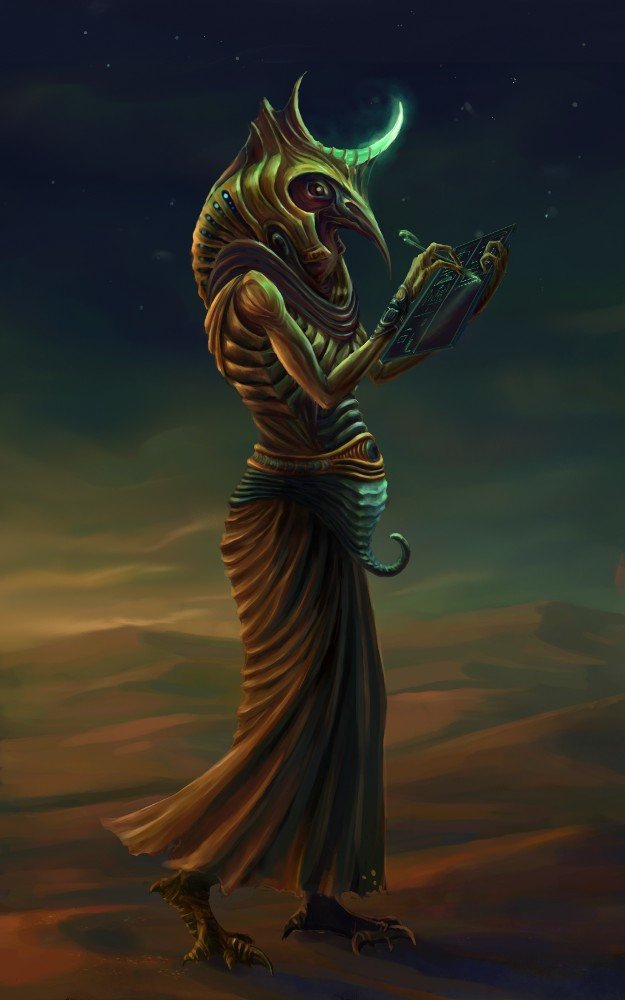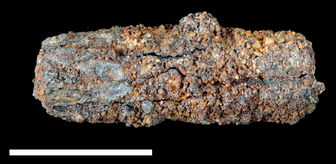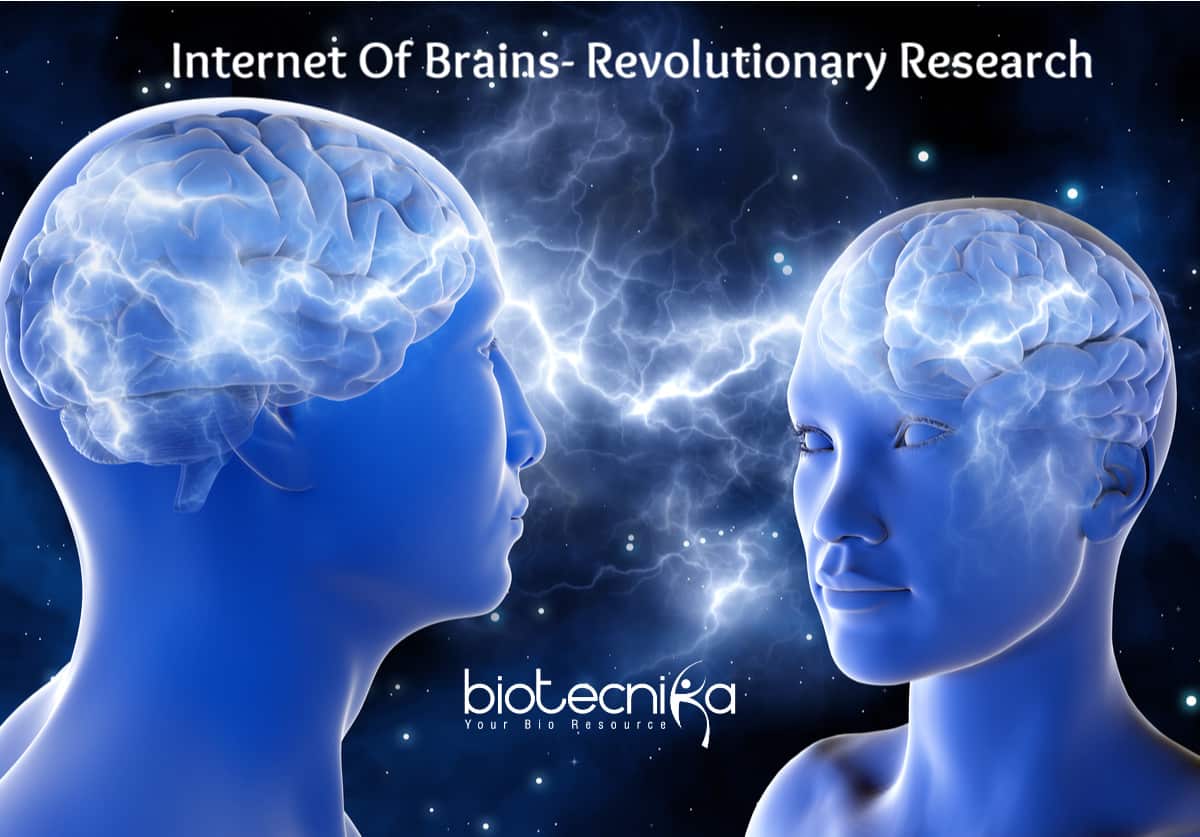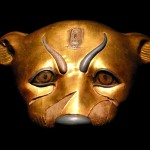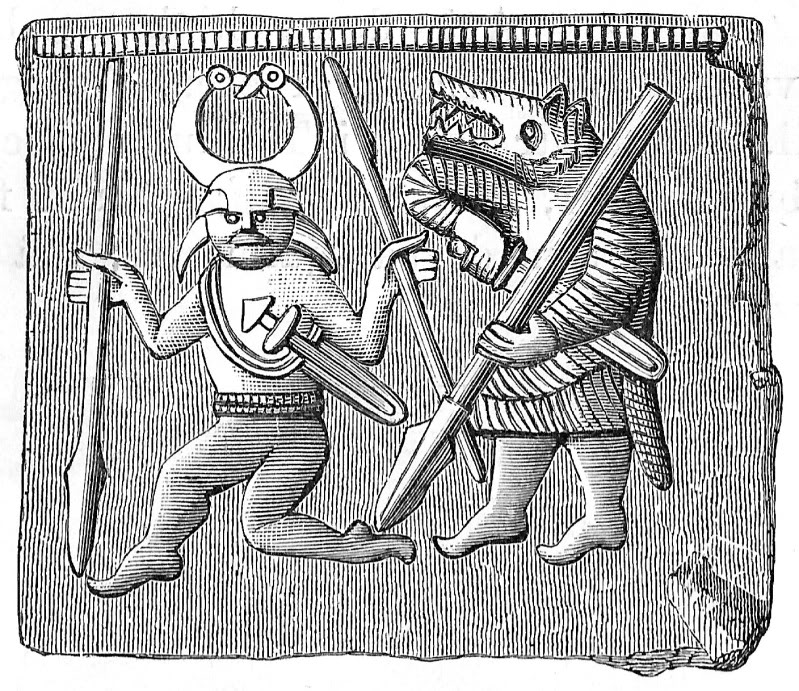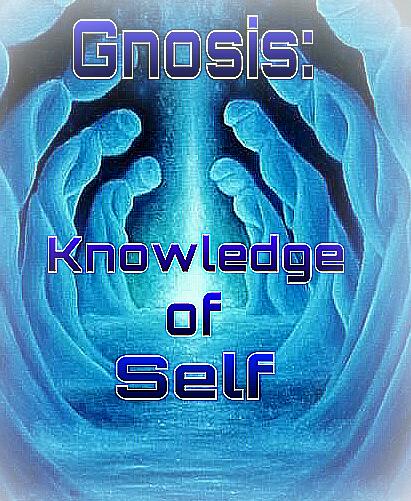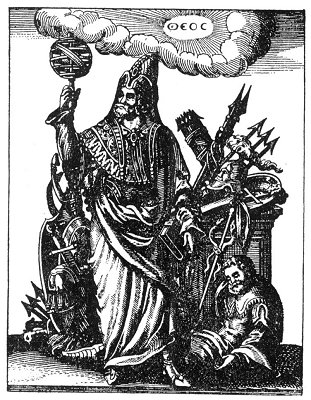Thoth (Taut, Taautus, Theuth) is the Egyptian creation god of thought, knowledge, writing, math, the sciences, magic, messenger, and exclusive patron of scribes.
His stories detail a pearl of hidden scientific wisdom about human behavior and the biology and neurobiology that the Ancient Egyptians had mastered thousands of years ago.
A science that I contend we carry on as their inheritors until this very day.
The veneration and the importance of Thoth are among the longest of any god(s) in Egypt or any deity from any civilization lasting approximately 6,000 plus years. The kings of Egypt would style their royal names after this god such as the many Pharaohs called Tuthmoses – “Born of Thoth”, as well as their scribes, and priests.
In religious art, Thoth is often depicted as a man with the head of a baboon or ibis, which lays the cosmic egg that holds all of creation representing an equilibrium between order and chaos. In some stories, he is closely associated with being born “from the lips of Ra” at the beginning of creation as the embodiment of divine order and justice.
According to Egyptian myth, Thoth was self-created and was known as the “god without a mother” or “born of the seed of Horus or from the forehead of Set.” Another tells us that Set brought forth a gold disk from his forehead, which Thoth seized and placed on his own head as an ornament.
These descriptions interest me as it relates to my research on the human neurological system, the brain, and hidden biological aspects of human behavior.
These ancient stories appear to be exoteric representations of a secret science that the Egyptians mastered with the tools they had at the time that we know today as neurobiology – the study of the nervous system and the brain.
For example, the story of how Thoth was birthed from Set’s forehead and his attributes involve the brain such as critical thinking and putting in the work of writing and inventing.
In other versions, he acts as a mediator in the struggle between the gods like the battle between Horus and Set, which allude to the different functions of the left vs right brain.
As the record keeper of the gods and a judge of human affairs, Thoth seemed to be involved in the memory process as he kept account of the days of human beings. He is regularly depicted in a number of images keeping track of the days as a scribe at the side of Osiris and Anubis in the Hall of Truth as he records the outcome of the weighing of the heart against the feather of truth.
In every story, Thoth seeks equilibrium. He always stands in the middle ground to make sure the contest of the Gods will be fair.
As Egyptian Scholar Richard H. Wilkinson comments:
“In vignettes of the Book of the Dead, Thoth stands before the scales which weigh the heart of the deceased and record the verdict. This role gave Thoth a reputation for truth and integrity and is seen in the common assertion that a person had conducted his life in a manner “straight and true like Thoth”.
As if Thoth represents thought, logic, and reason to make sure that when you do think, all knowledge attained is assessed equally for true comprehension so that none will gain an advantage over the other.
His wife was Ma’at, also spelled Maat and Mayet who was the personification of truth, justice, and the cosmic order. The female Goddess of Justice and the Lower World, the Land of Ghosts, was called Maat (Mot, Mout, or Mut).
She was often depicted with a vulture headdress and sometimes a Lion’s head. In legends, she is “The opener of the nostrils of the living.”
Maat was one of the gods created when the sun god Ra emerged from the chaotic and primordial waters of Nun at the beginning of time filling the entire universe with Maat. However, with the fall of mankind, disorder, evil, and chaos entered the universe in the form of Isfet.
Ma’at gave the gods the ability to breathe air and the bringer of a good afterlife to peaceful and law-abiding people, but death to violent and evil people.
Thoth is also known as the “Lord of Ma’at”, “Lord of Divine Words”, and “Scribe of Ma’at in the Company of the Gods”.
As if Thoth was the mind or thinking apparatus for humans, while Ma’at acted as the guard or executing angel issuing neurological judgments and biological justice in the form of our brain and body health or lack thereof.
We find Thoth in the Phoenician Cadmus, the inventor of the alphabet, writing, and letters who gave these skills to the Greeks. He is the purported founder and the first king of Boeotian Thebes and Ancient Greece’s first hero.
Taautus is also the name of a god from Byblos, who invented the alphabet, and became synonymous with the Greek Hermes or Hermes Trismegistus, also spelled Hermes Trismegistos.
Interestingly, we can also find that Thoth is intimately connected to the life-giving Ankh, the symbol of life, and the holiest symbol in Egyptian religion.
In the Phoenician cosmogony, Thoth also becomes Taautus and the Ankh later from Middle English tau, taue, from Latin tau, from Ancient Greek ταῦ (taû) and Hebrew תָּו (tav, tau or taw).
The tau just so happens to be one of the most important and holiest symbols of Judaism and Christianity and one of the most ancient symbols known to the Church.
It is the cross that The Prophet Ezekiel speaks of as the mark distinguishing those who were to be saved from the damned in Jerusalem.
We also are told that Jesus, a 33-year-old wise man from the land of Judea (Idumea, Crete) was brought to Golgatha, also known as the “Place of a Skull” and crucified upon a Tau cross with two others, one on each side, with Jesus in the middle.
Miraculously, after the crucifixion upon the tau, Jesus is resurrected.
The original Phoenician (Hebrew) meaning of resurrect or resurrection is ‘raising up, rising up’ or ‘to cause to stand or rise up; to raise from sleep or the dead.
I contend that this act of raising up as told in the story of Jesus is akin to a person becoming awakened or enlightened.
As if they had been woken from a sleep-like state where they were in medical terms, mentally dead. Meaning, they were not really using their full brain faculties to acquire knowledge (gnosis).
In other words, by the power of the Egyptian God Thoth and his Tau cross, the Greek Hermes, the Christian Jesus at the Place of the Skull, or just plain good thoughts in your head that lead to good actions and lives – people can be saved and find salvation.
It doesn’t matter if you are an Egyptian, Phoenician, Greek, Jew, Christian or Muslim – Salvation can be had by anyone, but not everyone can attain it.
The God Thoth represents the ancient Egyptian concept of the power of thought and secrets of wisdom in which the tau is an ancient symbol of the mysteries of consciousness and life.
A mystery that I hope to someday prove is associated with the science of thought, knowledge, wisdom, mental health, and memory.

Moe is the founder of GnosticWarrior.com. He is a father, husband, author, martial arts black belt, and an expert in Gnosticism, the occult, and esotericism.

